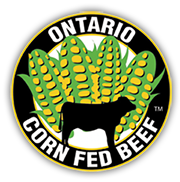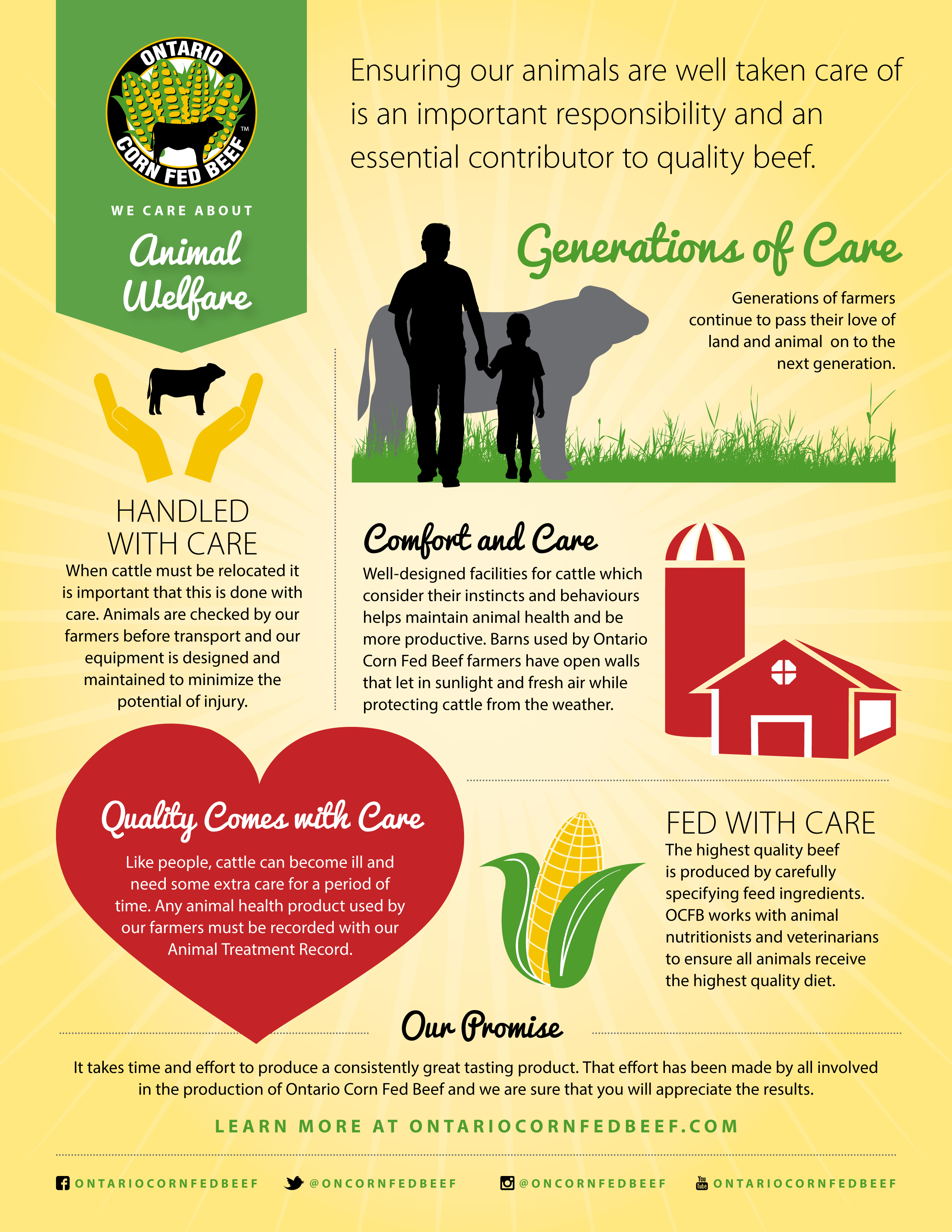Canada’s National Animal Health System
 The health of Canada’s cattle herd is protected by strict controls on importation of livestock used for breeding. The Animal Health and Production Division of the Canadian Food Inspection Agency determines if imports will be permitted based on a detailed assessment, including a review of the exporting country’s animal health status.
The health of Canada’s cattle herd is protected by strict controls on importation of livestock used for breeding. The Animal Health and Production Division of the Canadian Food Inspection Agency determines if imports will be permitted based on a detailed assessment, including a review of the exporting country’s animal health status.
Approval and Usage of Veterinary Medications
Under the Canadian Regulations, all veterinary medications must be authorized by Health Canada prior to their use in the cattle industry. These veterinary medications are an important tool in the production of healthy animals which are destined for use as food. Medications may have a withdrawal time which means that they can’t be used within a certain time period before an animal is used for food.
National Chemical Residue Testing Program
Canada’s National Chemical Residue Monitoring Program (NCRMP) tests samples of beef for chemical residues. Testing is performed for veterinary medications to ensure that they are used appropriately and also performs testing for other types of chemicals. Any finding of chemical residues is evaluated to determine if there is a violation of Canadian standards which are enforced under the Canadian Food and Drugs Act. In the very rare event that a violation is found, an investigation is conducted and further compliance testing is performed.
Animal Health Monitoring
 The CFIA Animal Disease Surveillance Unit works to detect potentially emerging animal diseases and monitor the effectiveness of disease control programs. Through the formation of a nationwide network, the disease detection capabilities of Canada’s veterinarians, provincial and university diagnostic laboratories and the federal government are combined.
The CFIA Animal Disease Surveillance Unit works to detect potentially emerging animal diseases and monitor the effectiveness of disease control programs. Through the formation of a nationwide network, the disease detection capabilities of Canada’s veterinarians, provincial and university diagnostic laboratories and the federal government are combined.
If disease is detected, the ability to rapidly and accurately identify the herd of origin of affected animals is supported by the National Cattle Identification System. Canada communicates the results of its surveillance for reportable diseases to the World Organization for Animal Health. The exchange of information is an important part of Canada’s commitment to work with other nations to establish the best approaches to protecting both animal and human health.

